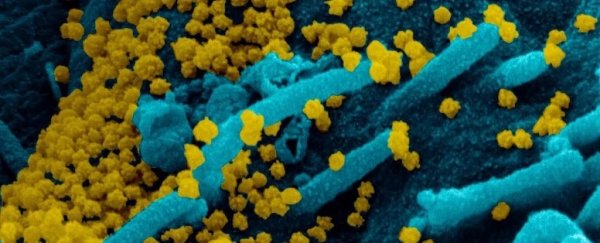A second, possibly more infectious coronavirus variant originating from South Africa has been found in the UK, British health secretary Matt Hancock has announced.
Speaking at a press conference on Wednesday, Hancock said that scientists had identified two cases of a new coronavirus variant which, he said, is even more transmissible than another variant which is currently spreading rapidly through England.
Both cases of the second variant were close contacts of people who had recently returned from South Africa, he said.
"This new variant is highly concerning because it is yet more transmissible and it appears to have mutated further than the new variant that has been discovered in the UK," Hancock added.
It is typical for viruses to mutate, and variants are not necessarily more harmful or deadly. Experts previously told Insider that it's unlikely that the mutations in the first variant will stop vaccines from working against COVID-19, the disease caused by the novel coronavirus.
Those in the UK who have visited the country in the past two weeks must quarantine for two weeks. The UK has also placed immediate restrictions on travel from South Africa.
Hancock also said that millions more people in England would be placed under stricter lockdown measures from Boxing Day in light of the new variants.
People across most of southeast England in Sussex, Oxfordshire, Suffolk, Norfolk, Cambridgeshire, Essex, and most of Hampshire will be placed under the strictest "Tier 4" restrictions from December 26.
The measures, which are already in place in London and parts of south-east England, mean that nonessential shops will be closed and people will be told to stay at home.
The UK recorded 36,804 new cases on Tuesday, bringing the seven-day rolling average to 222,199, a 61.2 percent increase on the previous seven days.
Dr. Jenny Harries, the UK's deputy chief medical officer, said the number of coronavirus patients in hospital beds was now approaching its spring peak.
This article was originally published by Business Insider.
More from Business Insider:
